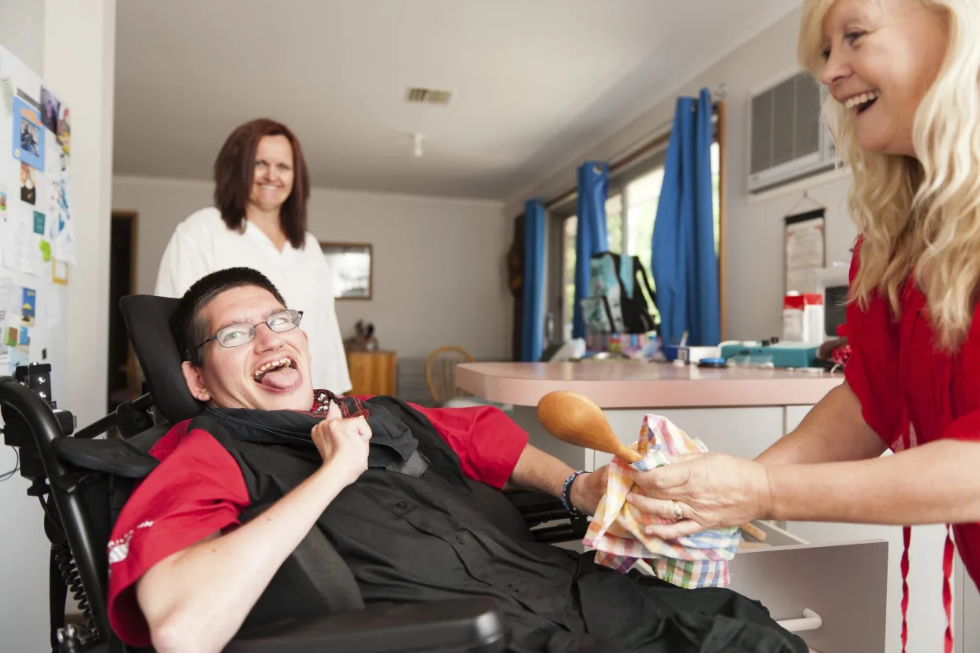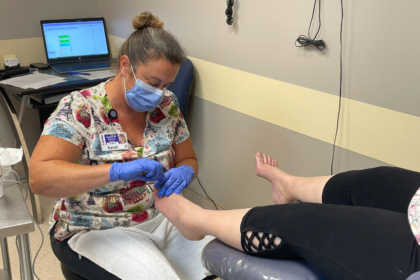As in any context, cultural competence plays a crucial role in helping disability service providers in Perth ensure equitable and inclusive support. It refers to the ability of service providers to understand and meet the unique needs of individuals from diverse backgrounds. Disability encompasses a broad spectrum of conditions and experiences.
So, it is essential for service providers to recognize and embrace the diverse cultural identities and backgrounds of their clients. Let’s examine how they may put approach this concept into action.
Enhancing Communication and Understanding
Responsible carers providers go the extra mile to bridge communication gaps. They utilize translation and interpretation services to overcome language barriers, ensuring that everyone can fully participate in the decision-making process.
Moreover, they recognize and respect cultural nuances, such as nonverbal cues and gestures, which may vary across different cultures. This promotes effective communication and builds trust and rapport between clients, families, and service providers.
Ensuring Access and Equity in Service Delivery
Disparities in healthcare access and outcomes can disproportionately affect disabled individuals from marginalized communities. Culturally competent service providers actively address these disparities by tailoring their services to cater to unique cultural beliefs and practices.
They advocate for inclusive policies and practices within the sector, striving to eliminate barriers that hinder access and equitable services.
Providing Holistic and Person-Centered Care
Culturally competent disability service providers acknowledge and respect the cultural values and traditions of their clients. They understand that integrating traditional healing practices with modern medical care can be crucial to holistic well-being.
By encouraging self-determination and autonomy in decision-making, they empower individuals to actively participate in their own care, while respecting cultural preferences and choices.
Fostering Cultural Sensitivity and Awareness among Staff
For cultural competence within disability care or NDIS domestic assistance, it is essential to provide ongoing training programs for staff. These programs help staff members develop a deeper understanding of cultural differences and encourage open dialogue and reflection.
Enhancing Client Satisfaction and Outcomes
Through tailored service provision that considers the unique needs of each individual, culturally competent service providers significantly improve client satisfaction. They prioritize building strong client-provider relationships, resulting in better overall outcomes and improved health and well-being for disabled individuals.
Conclusion
Cultural competence is paramount as disability service providers must guarantee the support their patients need while embracing diverse cultural backgrounds.
However, the journey toward cultural competence is ongoing, and continuous improvement is necessary within the sector. It is crucial for individuals, organizations, and communities to advocate for and support culturally competent disability services.






